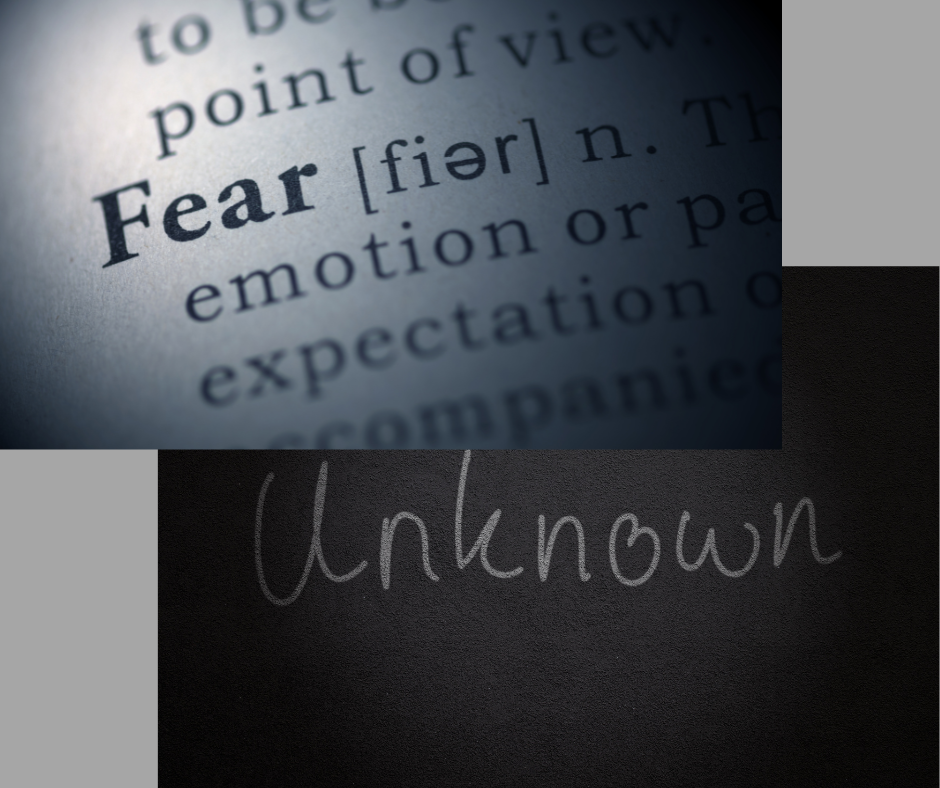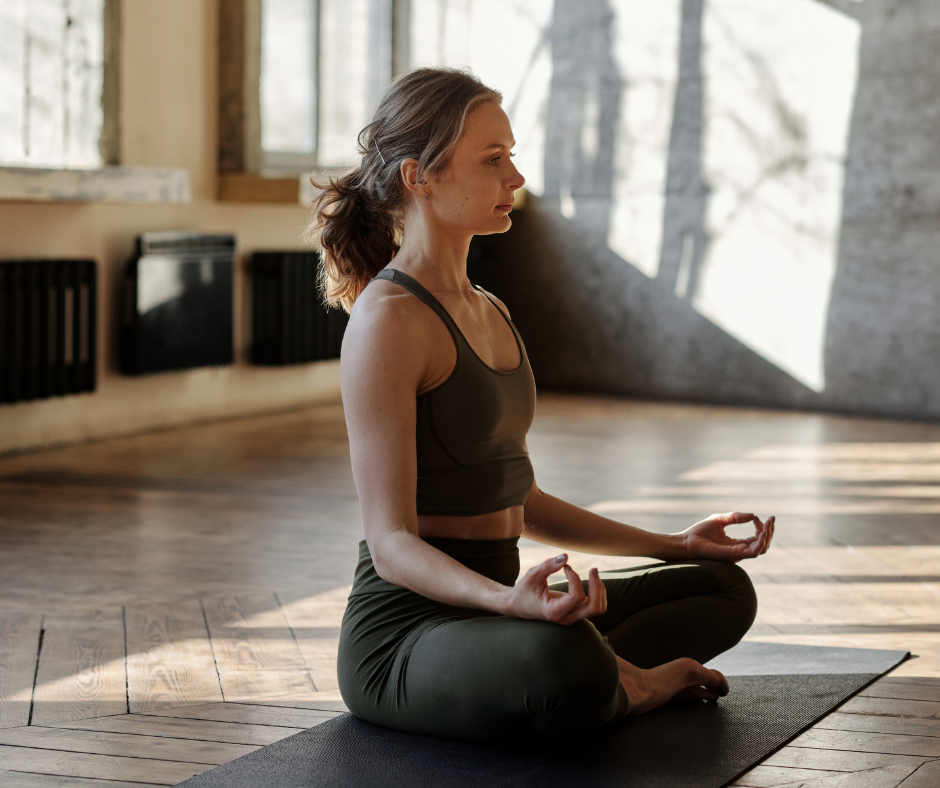Sleepless nights and rising panic...
I remember lying awake on the last night of the summer holidays, my brain paralysed at the thought of getting three children to three different schools in just a few hours’ time. And then doing it again the next day, and the next – continuing to do it, day after day, week after week, all year.


My mind was overflowing with thoughts of everything I’d need to juggle and keep track of. School uniform. PE kit. Packed lunches. Reading records. After-school clubs. Assemblies. Non-uniform days. Parents’ evenings. Homework logs. School fairs. The list felt endless.
I can’t do it. That was the only thought I could latch on to as all these things swirled around in my head. This isn’t possible.It’s too much. I’m not capable. I could feel the panic rising as I contemplated the mental load I’d need to carry in the months ahead.
I’ve no doubt this strikes a chord with any parent of school-aged children. It may be what you’re feeling right now, as summer holidays draw to a close. Or it may be a distant memory. For those of you who haven’t had this experience, I’m willing to bet that you’ve experienced similar feelings of panic and overwhelm: maybe at the prospect of returning to work after some time off, or of juggling and delivering on all the tasks, projects and commitments you’ve made, as deadlines loom.
Negative thoughts and destructive behaviours...
It's often when I’ve had some space and time away from my regular routines and commitments that these kind of feelings come up. There’s a sense of zooming out and being able to see the bigger picture – the full scope and spread of what I’ve committed to doing. And that picture can seem huge and complex. It can feel impossible to absorb or process it all. And in the face of this overwhelming mass of information, my nervous system initiates the ‘freeze’ stress response – shutting down to protect me, until the threat passes.
In those moments, it can feel all too easy to surrender to this response – keeping my mind paralysed by feeding my stress response with more negative self-talk. You can’t do this. What made you think you could? Everyone else around you can do this – but not you. If you try, you’ll fail. And it can feel tempting to close off and numb my mind further – disengaging from the picture completely by retreating into alcohol / drugs / social media / Netflix (take your pick from these, or other mind-numbing options).


There are plenty of times I’ve done exactly that. But of course, these responses aren’t healthy - I’ve learned the hard way how easily they can lead me into ongoing states of depression, or anxiety, or both. Nor are they viable in the long term – while there are times when retreating and pulling the comfort blanket of familiar responses or habits around me feels like the kind thing to do for myself, I know that the real kindness to myself is in finding ways to respond effectively and healthily to whatever arises in my life.
Step back and see the big picture
A big shift for me was when I came to appreciate the value of having a ‘zoomed out’ perspective on my life from time to time, rather than feeling overwhelmed by it. By stepping back and seeing the whole picture, I can see all the connections within it, perhaps notice things that could be connected, or things that don’t belong in or no longer serve the big picture. I can also gain a sense of whether the picture, and all that it asks of me, is actually realistic. And whether it’s what I need or want to be focussing on right now.
Stepping back and reassessing your big picture doesn’t magically change it, or automatically remove the potential stressors from it. But it can offer you a chance to pause and reflect. A chance to look up from the day to day tasks and recognise all that you’ve achieved so far. And in doing so, remind yourself of all that you’re capable of. A chance also to look at what’s ahead of you with discernment – not to get bogged down in or overwhelmed by the detail of each task and commitment, but rather to assess how realistic each task (and the sum total of tasks) is.

By loosening your grip on the detail within the big picture, you can create space to see the whole picture. And this may help you to find greater clarity around what you want your big picture to be – including what you might need to change, so that your commitments really serve your big picture, and you, well. This stepped back perspective can also give you a chance to notice the feelings that may come up around a particular task or commitment – without getting pulled into or attached to the feeling itself. I’ve noticed that, when negative feelings come up around a task, I can almost always trace this back to feelings of fear.
Face your fears

Sometimes this might be fear of letting go – perhaps of a pattern or actions that’s deeply ingrained and feels comfortable. Reminding myself of what serves (and doesn’t serve) my big picture is helpful here. More often, it’s fear of failure: sometimes the fear of trying something new, and facing the prospect of being ‘no good’ at it when I start. But it can also be fear of things I’m familiar with and have done many times before. That imposter syndrome, where it can feel like everyone else is competent and capable, whilst you’re struggling and doubting your own abilities. In both cases, using my big picture perspective to identify and acknowledge all the things I have achieved, and learned, already, can be really helpful – reminding myself that I am capable of learning new things, and that I am already capable of doing the things familiar to me.
Find what really serves you
A revelation came for me when I realised how important it was to my big picture for me to prioritise my own self-care. I know what an overused piece of advice this can be these days. But the truth of it really struck me when I realised that, to be effective in maintaining my big picture (of caring for my children, maintaining loving relationships with my husband, my family and my friends, nurturing connections in my community, and being effective in my job) and to remain healthy in doing so, caring for myself was vital.
This led me to be more honest with myself about habits and patterns that, whilst comfortable and perhaps appealing in the short term, weren’t serving my wellbeing well in the long term. I started to develop and seek out habits and practices that genuinely supported my wellbeing. And when fear came up, at the prospect of trying something new or out of my comfort zone, I was able to draw on my experience, from looking at the big picture, of all the times I’d been afraid in the past – of failing, of change, of judgement – and had done it anyway. Of the times I’d not just survived doing it (because I did always survive), but had flourished.
So I summoned the courage, and carved out the time to start going along to a weekly yoga class. It was an important step in me claiming time for myself, and in treating myself kindly. And as I learned and deepened my yoga practice, I came to realise how powerful it could be in supporting me to face whatever my big picture threw at me, as well as helping me to continue assessing and moulding my big picture to become one that served me well. My yoga practice has served me in this way for over a decade now, and continues to do so. But I had to embrace the big picture perspective, and find the courage and self-belief first, in order to step out of my comfort zone and on to the mat.

Yoga may not be the answer for you (although of course, I would wholeheartedly recommend that you give it a try!) – but there will be something out there that is the answer for you, even if you need to try lots of other things before you find it. Allow yourself to embrace the big picture perspective to work out what might serve you, and to find the courage and self-belief to give it a try.
Thinking about giving yoga a try, but don't want to join a public class?
Maybe you're not sure whether yoga is for you, or you're feeling daunted at the thought of starting something new,.
Check out my Yoga for Beginners course: it offers a safe, supportive and friendly environment to learn yoga and develop a practice that works for you.